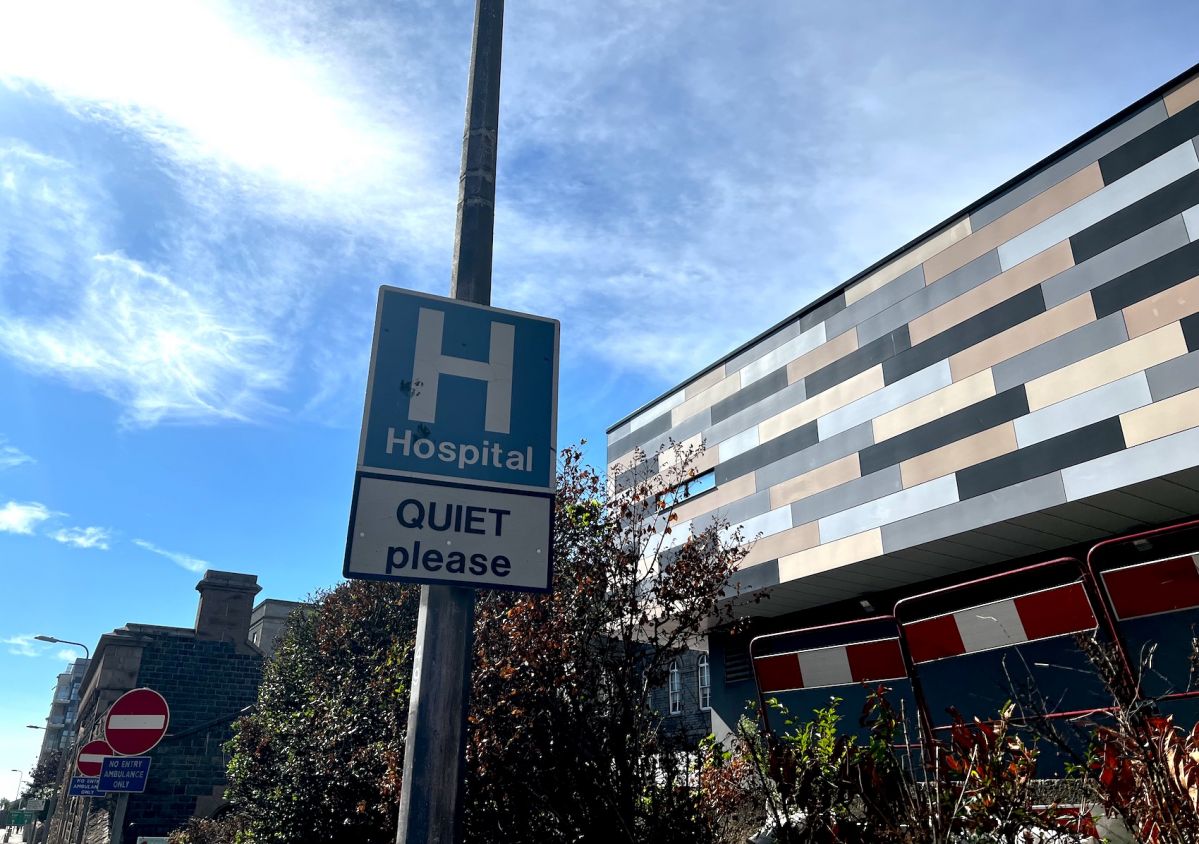


Health bosses have said they are taking action to address concerns from a midwifery union, after they raised the alarm about persistent "poor culture", staff retention issues and staff having previously been unable to take breaks in 13-hour shifts.
The concerns were raised in a letter from the Director of the Royal College of Midwives in response to a review of Government 'culture’, including the work done so far to address the findings of a critical review by Professor Hugo Mascie-Taylor last year.
Based on interviews with more than 50 staff, that review found evidence of a so-called ‘Jersey Way’ in Health and “vested interests” which were posing a threat to patient safety.
61 recommendations were issued and a ‘turnaround team’ set up to put them in place.
But, one year on, the Royal College of Midwives Director Julie Richards said staff were concerned that there had been "limited progress", highlighting staff turnover, "deficiencies" in incident reporting processes, and an array of issues relating to working conditions captured in a staff survey from the previous year.
Her letter to the Corporate Services Scrutiny Panel, which is conducting the Government culture review, spoke of a "persistence of poor culture and negative behaviours" and cited a survey of RCM union members last year.

Pictured: Professor Hugo Mascie-Taylor outlined 61 recommendations as necessary to improve the island's health service in a damning report last year.
She said this was evidenced by an "unfair allocation of workload, with the same staff being allotted the highest risk cases", and a "perception among staff that maternity management are not prioritising their health and wellbeing".
"When staff have raised issues, they have been advised to be more resilient," wrote Ms Richards.
The survey also revealed that midwives have been left unable to take any breaks when working 13.5-hour day shifts and 11.5-hour night shifts.
"Staff have also been refused time owing when unable to take a break on the grounds of ‘swings and roundabouts’!" the Director of the Royal College of Midwives wrote.
Ms Richards also referenced the "need to address the deficiencies identified in relation to clinical governance and incident reporting processes" and "renewed focus on measures that will improve staff retention", adding that "there is still an issue with the number of existing staff who are leaving".
Describing the "serious nature of the challenges facing maternity services", the RCM Director called for "an urgent and systematic response" and recommended that "there should be strong midwifery engagement with the change process and input into the turnaround team".

Pictured: A survey of RCM union members from July 2022 found a "persistence of poor culture and negative behaviours".
She also recommended that a dedicated maternity group of frontline maternity staff and service users should be established to ensure recommendations are implemented, as well as providing the turnaround team with access to senior midwifery expertise.
"We also offered our assistance in identifying an appropriate maternity unit in the UK which maternity services in Jersey could link to," added Ms Richards.
Responding to the letter, the Health and Community Services' executive team said that they "take all external and internal concerns raised to any department very seriously".
However, the team described Ms Richards' letter as "somewhat out of date".
"At the time that this was submitted RCM may not have been fully aware of developments over the last year to improve maternity services," they explained.
The executive team explained that a "substantial programme of change work has been conducted by the division and directed at executive level" since April 2023.
The leadership of the department has been "refreshed" with the appointment of a new Interim Director of Midwifery, Chief of Service and General Manager, with "substantive recruitment" having been made into the Director of Midwifery post.
The HCS executive team added that a "comprehensive" Maternity Improvement Plan has been developed, "taking into account all previous recommendations from external reviews of the service and recommendations made by national reviews of maternity services in the United Kingdom".
The implementation of this plan is overseen at a weekly meeting, led by the executive team and supported by the Change Team – a group of five external experts brought in to the Health Department in an effort to repair relationships between senior management and clinicians at a rate of £200k-per-quarter.

Pictured: Chris Bown, who was appointed to lead the Change Team, became Interim Chief Officer of Health on a 12-month fixed-term contract in April following the sudden departure of Caroline Landon.
The executive team explained: "This group has multidisciplinary clinical input, including expert midwifery support from our interim director of midwifery, and from Cathy Stone from the Change Team, both of whom have broad experience of maternity governance and improvement from national roles in this field."
They added that the Maternity Improvement Plan is "addressing many of the issues identified by the RCM".
The executive team continued: "There is a strong focus on developing robust clinical governance processes, a strong emphasis on mandatory training and staff development, a work stream (aimed at addressing cultural challenges that have been identified in the past) and strengthening multidisciplinary working across maternity services.
"The overall aim of the plan is to ensure lasting improvement in the maternity services provided to the people of Jersey and the mechanisms to provide ongoing assurance and accountability to our stakeholders. The progress against the Maternity Improvement Plan is reported to the Advisory Board on a month basis.”
Comments
Comments on this story express the views of the commentator only, not Bailiwick Publishing. We are unable to guarantee the accuracy of any of those comments.